This is a picture of what ancient people thought the constellation Leo
looked like.
Click on image for full size
Image: (c)1995 Visual Language, All Rights Reserved
Constellations
Many cultures have seen distinctive patterns, called
constellations, formed by the stars in
the heavens. Constellations are usually comprised of bright stars
which appear close to each other on the sky, but are not necessarily
close to each other in space. The positions of the stars relative to
each other in the sky depends on your point of view. Many societies
associated patterns among the stars with gods and goddesses or
stories from their culture.
Most of the constellations visible from the northern hemisphere which
are "officially" recognized are of ancient Greek derivation. But other civilizations created their own patterns in the sky based on stories and people that were important to them.It is important to recognize the cultural bias introduced in our vision of the sky by the selection of these constellations.
Many peoples also noticed that the planets, the moon, and comets moved through the sky in a
different way than the stars. They noticed that, over time, these
objects appeared to move with respect to the constellations.
Because of the rotation of the
Earth and its orbit around the
Sun, it is convenient to divide the constellations into two
groups. Some constellations never rise nor set, and they are called
circumpolar. All the rest are divided into seasonal
constellations. Which constellations will be circumpolar and which
seasonal depends on your latitude.
You might also be interested in:
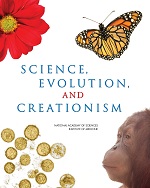
How did life evolve on Earth? The answer to this question can help us understand our past and prepare for our future. Although evolution provides credible and reliable answers, polls show that many people turn away from science, seeking other explanations with which they are more comfortable.
...more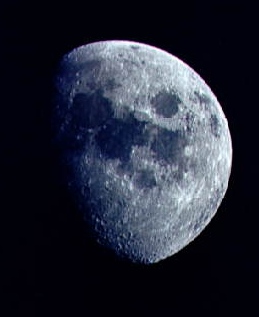
The Earth's one natural satellite, the Moon, is more than one quarter the size of Earth itself (3,474 km diameter), making the Earth-Moon system virtually a double-planet. Because of its smaller size,
...more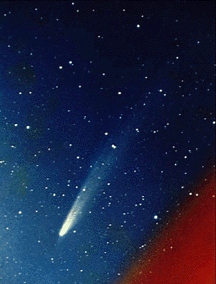
Not long ago, many people thought that comets were a portent that something bad was about to happen to them. Since people did not yet understand about the objects in the solar system and how they moved,
...more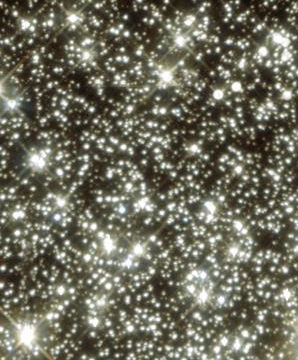
The pinpoints of light that you see in the night sky are stars. Your ability to see the stars depends on their magnitude as seen from Earth. Stars are giant balls of gas in space that shine through the
...more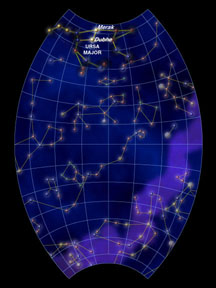
Something new and exciting is happening at Windows to the Universe! Windows scientists say they discovered twelve new stars, including one that is the second brightest in the night sky! They decided to
...more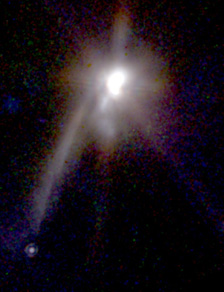
Possible planet? Protoplanet? Possibly. Scientists searching through Hubble images of stars in the constellation Taurus may have found what could be the first direct image of a planet outside our solar
...more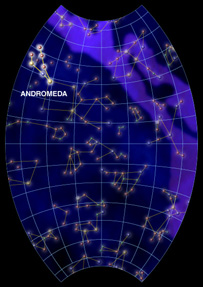
Andromeda is a "V" shaped constellation best viewed in Autumn if you live in the Northern Hemisphere. It was one of the earliest constellations to be recognized. Andromeda lies near the celestial north
...more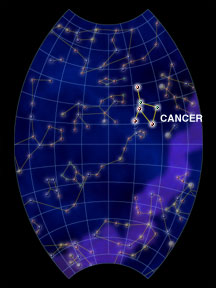
Cancer, the Crab, is a member of the Zodiac, a group of constellations that the Sun travels through each year. Cancer spends half of the year in the sky. It first rises in December and is visible through
...more















